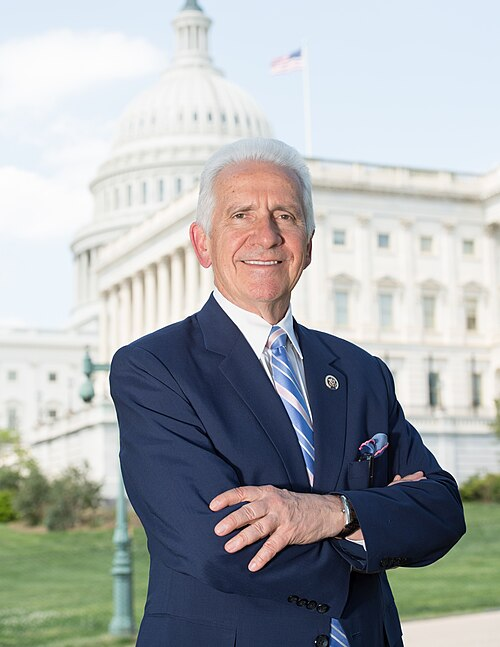H.R. 5796: Boosting University Investments in Low-Income Districts Act
This bill, titled the Boosting University Investments in Low-Income Districts Act, aims to create a program that provides grants to certain higher education institutions located in economically distressed communities. The goal is to help these institutions initiate and implement projects that promote economic and community development. Below is a breakdown of the key components of the bill:
Grant Program Establishment
The bill directs the Secretary of Commerce to establish a program that awards two types of grants:
- Planning Grants: Funds provided to help institutions develop a plan detailing their proposed projects.
- Implementation Grants: Funds awarded to carry out the projects once planning is complete.
Designation of Eligible Institutions
The Secretary will create a list of eligible institutions based on specific criteria that determine whether they are part of a distressed community. The criteria focus on median family income levels in comparison to state and national averages. An institution can qualify if:
- It is located in a financial disadvantaged area defined by a ZIP code with significant income disparities.
- It is within a metropolitan or micropolitan area, or outside of one, with income levels significantly lower than the surrounding areas or state averages.
Application Process
Once the list is finalized, institutions will be notified if they are eligible to receive the specified grants. They will need to indicate their intent to apply for funding, after which they will be designated officially as grant recipients.
Details of Planning Grants
Institutions receiving planning grants must develop an implementation plan within two years. This plan must outline:
- The eligible projects they intend to pursue with the implementation grant.
- How these projects will support community revitalization.
The Secretary will review and approve these plans before any implementation grants are awarded.
Details of Implementation Grants
Implementation grants will be available for a term of five years. Key components include:
- The grant amounts will range between $25 million to $50 million, depending on the project scope.
- Funds can only be used for projects that qualify as developmental sources for the distressed community where the institution is located.
- Recipients must submit annual reports to the Secretary detailing how funds have been used.
Eligible Projects
Eligible projects funded by these grants may include initiatives such as:
- Renovating or building community-centric facilities, including commercial buildings, housing, cultural institutions, and laboratories.
- Creating programs that provide financial support to startups and small businesses.
- Establishing apprenticeship programs in local industries to boost employment.
- Building municipal broadband networks and health clinics accessible to the public.
- Developing partnerships between educational institutions and local school districts to enhance educational support and resources.
Definitions and Roles
Important definitions outlined in the bill include:
- Eligible Project: A project that contributes to economic development in the relevant community.
- Institution of Higher Education: Defined as colleges and universities meeting specific criteria set forth in existing education legislation.
- Secretary: Refers to the Secretary of Commerce responsible for administering the grant program.
Relevant Companies
None found.
This is an AI-generated summary of the bill text. There may be mistakes.
Sponsors
2 bill sponsors
Actions
3 actions
| Date | Action |
|---|---|
| Dec. 01, 2025 | Referred to the Subcommittee on Economic Development, Public Buildings, and Emergency Management. |
| Oct. 21, 2025 | Introduced in House |
| Oct. 21, 2025 | Referred to the Committee on Transportation and Infrastructure, and in addition to the Committee on Financial Services, for a period to be subsequently determined by the Speaker, in each case for consideration of such provisions as fall within the jurisdiction of the committee concerned. |
Corporate Lobbying
0 companies lobbying
None found.
* Note that there can be significant delays in lobbying disclosures, and our data may be incomplete.
Potentially Relevant Congressional Stock Trades
No relevant congressional stock trades found.

